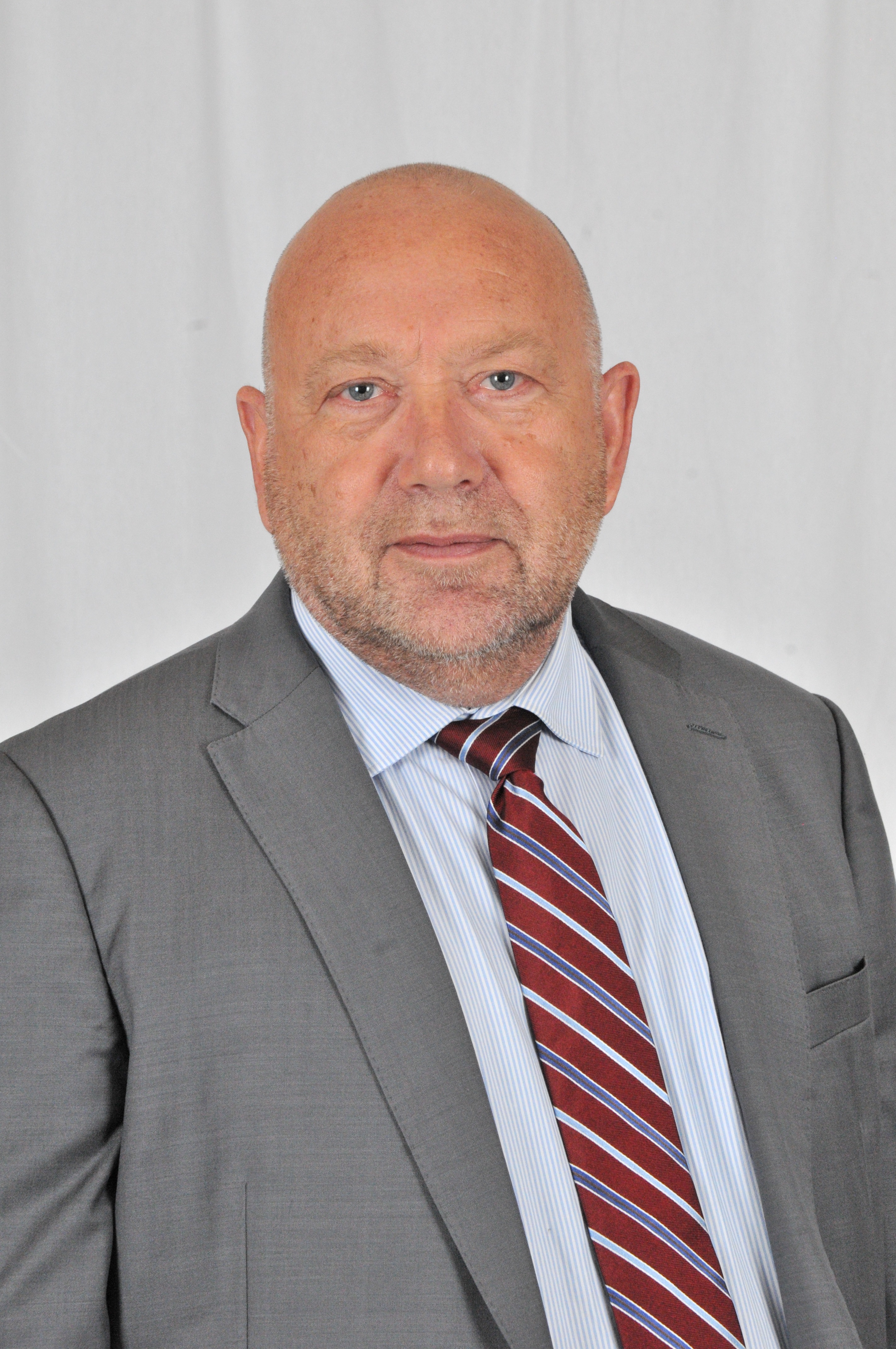Engaging the private sector in electricity training
Institution: The Training Center for Electricity Trades (CME)
The Training Center for Electricity Trades (CME), is owned entirely by The Ivorian Electricity Company (CIE), subsidiary of Eranove Group, has been training CIE’s employees since 1970. The center has been recognized on the continent as a center of excellence and trains Ivorians and other Africans eager to benefit from its expertise. Today, the CME offers several formats of post-tertiary training: Advanced Technician Diploma (2 years, BTS), University Diploma in Technology (2 years, DUT) as well as corporate training. Students who pass both the BTS or the DUT can continue with one more year of initial training to get their professional bachelor degree (Licence Pro). The training is in the fields of industrial maintenance, electromechanics, conditioning and refrigeration engineering, sustainable development, energy performance, and energy transmission.
-
The fact that CIE is a company already operating in the industry means that there are two clear advantages to the CME training programmes. Firstly, the fact that the CIE is a large, well-established company means that the resources (in terms of tools and equipment) at the disposal of the CME are adequate and up-to-date. Secondly, they have a good knowledge of which skills are necessary to be employable in the industry.
-
The training CME offers emphasize “learning how to learn,” as they realise they cannot teach the students everything they need to know to be 100% ready for employment. This way, the CME is skilling them up with the capacity to quickly acquire new skill sets once they are employed and keep them in a lifelong learning perspective.
-
Also, through the DUT and the vocational bachelor degree (Licence Pro), the CME operates with a new method for acquiring skills and competences. Through this training, the students are free to identify their skill/competency gaps and to improve their employability level. This way, the students can create a tailor-made programme to suit their individual needs.
-
During the first year of the BTS, the students must do an internship of 1 month, whereas there is a requirement to fulfill a 4-month internship in the second year.
-
50% of the students finishing their BTS go on to the professional bachelor degree, and the other 50% accept a job offer from their internship institution. The yearly tuition fee in the BTS program is 1,4 million CFA (2 100€).
- In the school year of 2018-2019, the CME currently trains 443 students in BTS, DUT and the vocational bachelor degree (Licence Pro).
- 98% of the students in the BTS degrees passed their exam (compared to the national average of 57%), and 71% of them have been hired six months after graduation.
- The number of female students is increasing and represents about 20% of the BTS students, which is quite a high percentage in the industry.
- CME has trained more than 6 000 professionals as part of the corporate training, coming from Ivory Coast as well as other West African countries such as Togo, Benin, Cameroun, Congo, and Niger.
-
CME is a close partnership with other companies in the private sector. As CIE privately owns the CME, it took several years for the industry to adapt to their new image as a training institution for the industry as a whole.
-
Since employability is a key factor, the CME recently organised the fourth edition of their “open house day” - a two-day long event, where they welcomed more than 70 external companies to the campus, organized workshops, conferences, inviting them to meet and recruit current and former students.
-
The students are invited to attend interview simulations and CV workshops led by professionals from the sector, often external to the CME.
-
Training youth to become employable and making them pass the ministry recognized state exam, unfortunately, cannot be done simultaneously. To tackle this challenge, the center emphasized on the new DUT curriculum, giving them more flexibility. Benefiting from stronger freedom when delivering the DUT diploma, the CME established the alternate method for acquiring skills and competences. Here, they operate with several entries per year, allowing the students and professionals in the sector to do short-term training, selecting precisely the kind of skills and competencies they are seeking, instead of acquiring first and foremost a diploma. For this, they are using e-learning modalities and the center set up an e-learning Technology Factory. This new model represents a significant shift in the way training is delivered.
MOVING FORWARD
Areas to consider for replication:
-
Teaching the students not only specialized knowledge but the ability to acquire new knowledge is essential in any training, no matter what level, sector, or country.
-
Additionally, the way CME has decided to offer DUT diploma (more flexible) is something training centers in Ivory Coast can replicate without too much difficulty.

